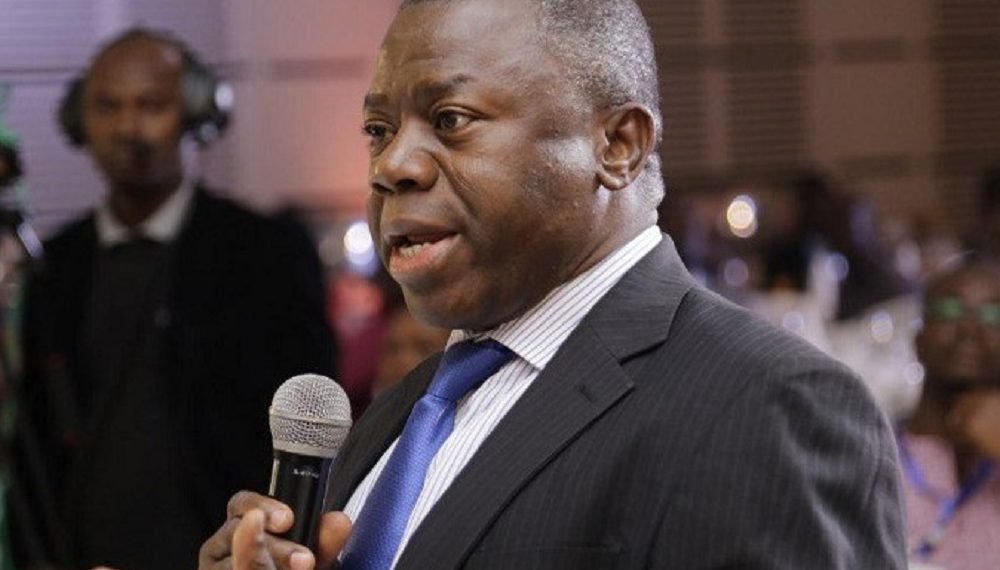The Chief Executive Officer (CEO) of Stanbic Bank, Alhassan Andani, says the challenges posed by COVID-19 should engineer a new policy that will reduce Ghana’s reliance on imports, particularly from China.
According to him, Ghana can improve agriculture production and limit its export by looking at the opportunity to boost domestic production and consumption of some food commodities.
Ghana’s import from China has suffered a dip due to restrictions on global travel as a measure to control the spread of coronavirus.
Many companies are also struggling to procure goods and supplies from global suppliers. Currently, some goods have reduced generally with regards to supply in Ghana, with others being sold at higher prices due to a reduction in Chinese imports.
Speaking at a webinar meeting organized by the Ghana National Chamber of Commerce and Industries on strategies for business survival and growth, Mr. Andani said Ghana must speed up its industrialization efforts to support the country from external shocks when situations like COVID-19 emerges.
“For example, most of our import trade that was coming from Asia, China have had to suffer significant setbacks because of the disruption in global supply chains. So, what kind of alternatives would be available and this is the kind of conversation we would want to pick up with the National Chamber for Commerce and Industry and other industry players to see how we can diversify our economy away from a huge reliance on Asia and China generally,” he said.
The webinar meeting was on the theme, “COVID-19, financing options to stimulate local production.”
Already, the Minister of Finance, Ken Ofori-Atta has stated that the fight against the coronavirus is expected to cost Ghana about 9.5 billion cedis, a situation that will push the country’s budget deficit to about 6.5 per cent. Ghana’s main exports are gold, cocoa beans and timber products. Others include tuna, aluminium, manganese ore, diamonds and horticulture.
How will commodity dependence reduce impact of prices falls?
In the past, a lecturer with the Department of Economics at the University of Ghana Dr. Priscilla Twumasi-Baffour appealed to the government to reduce the continued dependence on commodity exports and seek diversification strategies to mitigate the adverse effects of price volatility on the international market after COVID-19 has ended.
According to her, it is time the government comes up with strategic ways to develop domestic production and formulate government policies to safeguard the economy in unpredictable circumstances.





















